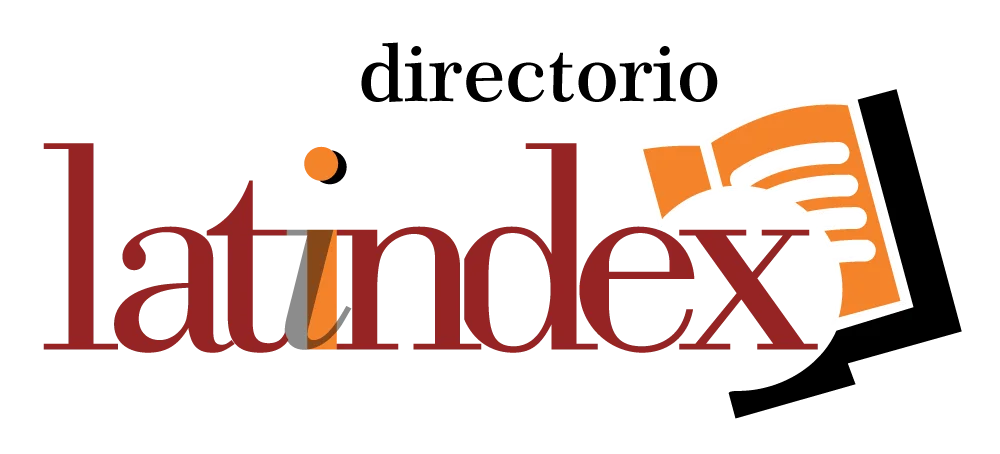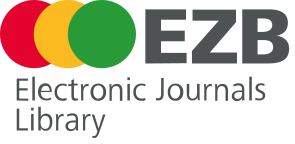About the Journal
Aim
Neurodivergences is a peer-reviewed, interdisciplinary journal devoted to the exploration, understanding, and advancement of knowledge surrounding the broad spectrum of neurodivergent experiences. The journal aims to serve as a rigorous, inclusive, and contemporary academic platform that spans cognitive, educational, clinical, technological, and sociocultural perspectives.
Our primary mission is to amplify diverse ways of thinking and learning by publishing original research, theoretical contributions, lived experiences, and applied studies related to neurodivergence. We focus on conditions such as autism, ADHD, dyslexia, dyspraxia, and giftedness (high intellectual ability), acknowledging that these forms of cognition often intersect and exist along a fluid and complex continuum. The journal seeks to foster critical dialogue, policy development, inclusive practices, and innovation in education, psychology, health, and social systems.
Scope
Neurodivergences welcomes scholarly, clinical, and experiential contributions in all areas relevant to the neurodivergent spectrum, including but not limited to:
-
Autism and Neurodevelopmental Conditions
Research and practice related to autism spectrum conditions, sensory processing, communication profiles, masking, co-occurring conditions, and strengths-based approaches. -
Attention and Executive Function Differences
Studies on ADHD, executive dysfunction, attention regulation, hyperfocus, and compensatory strategies across the lifespan. -
Learning Differences and Specific Learning Disabilities
Dyslexia, dyscalculia, dysgraphia, dyspraxia, and the neurocognitive and educational frameworks that support diverse learners. -
Giftedness and Twice-Exceptionality
Identification, support, and development of high intellectual ability, creativity, asynchronous development, and the challenges of dual diagnosis (2e: twice exceptional individuals). -
Mental Health and Wellbeing
Intersection between neurodivergence and mental health, access to support, trauma-informed care, and stigma reduction. -
Identity, Language, and Lived Experience
First-person narratives, self-advocacy, identity formation, and the sociopolitical discourse surrounding neurodiversity and inclusion. -
Technology, Accessibility, and Assistive Innovation
Development and evaluation of tools, software, AI applications, augmentative communication, and universal design for learning (UDL). -
Inclusive Education and Pedagogy
Strategies for inclusive classroom practices, curriculum adaptation, educator training, and policy development. -
Workplace Inclusion and Social Participation
Employment frameworks, accommodations, neurodiversity in the workplace, community integration, and systemic barriers. -
Ethics, Policy, and Advocacy
Ethical challenges, policy implications, legal rights, neurodiversity-affirming practices, and critical perspectives on diagnosis and intervention.
Visibility and Open Access:
The journal follows an open access model, which maximizes the visibility of published articles, which is enhanced given the indexing in Scopus and CAB Asbtracts.
Frequency of publication:
The journal follows a continuous publication model, where articles after acceptance are typeset and published in a single volume per year. Therefore, the call for submissions is permanently open.
Speed of publication:
The journal manages the following times of the editorial process: 5 days for the first response from the section editor or pass to peer review; 30 to 45 days responses from the editor on the observations of peer reviewers; 20 to 25 days in layout, metadata uploading and publication on the journal's site.
The editorial team combines rigorous peer review with the efficient timing of the editorial process, which is done exclusively in electronic format.
Promotion and dissemination strategy:
The journal develops a strategy to promote and position published articles on social networks and web platforms, which contributes to increase exposure and access to the articles.
Financial Support
This site is financially supported by AG Editor, as part of its commitment to the dissemination of knowledge and editorial production in the region.
Editorial
AG Editor (Argentina) is the Argentine branch of AG Editor, a company with offices in Argentina - AG Editor (Argentina), Paraguay - AG Editor (Paraguay), and Uruguay - AG Editor (Uuguay).
AG Editor (Argentina)
Editorial Record File No.: RL-2024-23113893-APN-DNDA#MJ
Address: Nazarre 3468, Ciudad Autónoma de Buenos Aires, Argentina. CP: 1428
Email: editorial@ageditor.ar





